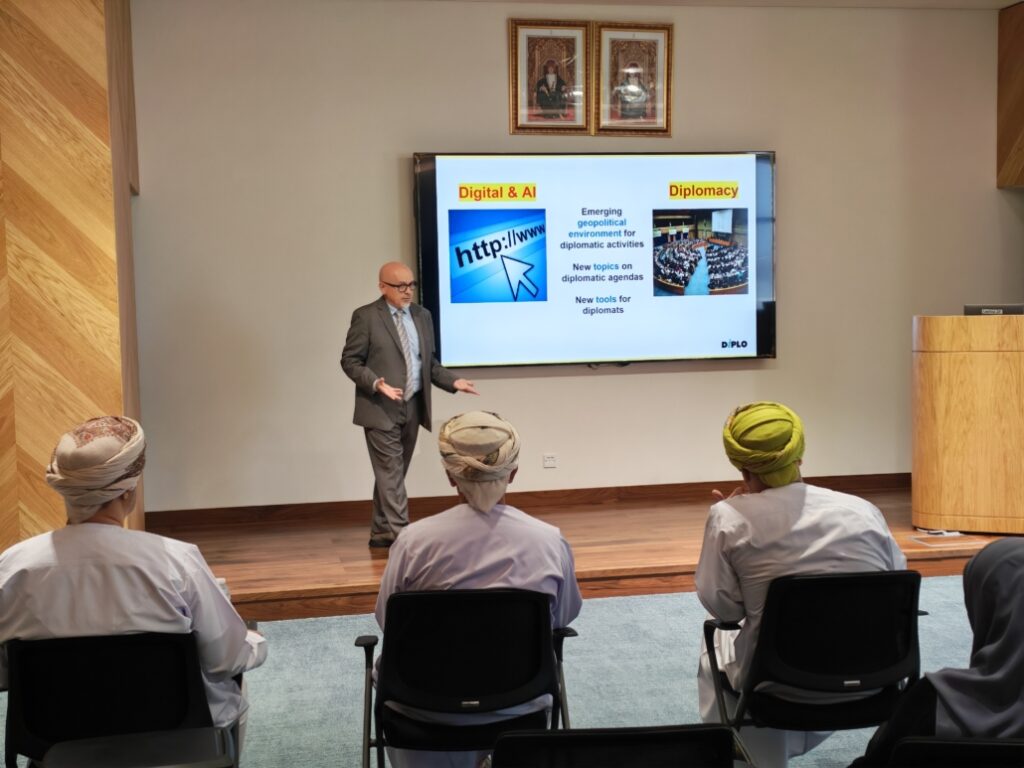Abu Dhabi’s Mohamed bin Zayed University of AI (MBZUAI) claims to have rapidly become central to the UAE’s ambition to lead in AI.
Founded six years ago, the state-backed institute has hired over 100 faculty, recruited students from 49 nations, and now counts more than 700 alumni. All students receive full scholarships, while professors enjoy freedom from chasing research grants.
The university works closely with G42, the UAE’s flagship AI firm, and has opened a research lab in Silicon Valley. It has already unveiled non-English language models, including Arabic, Kazakh, and Hindi, and recently launched K2 Think, an open-source reasoning model.
MBZUAI is part of a wider national strategy that pairs investment in semiconductor chips with the creation of a global talent pipeline. The UAE now holds over 188,000 AI chips, second only to the US, and aims for AI to contribute 20% of its non-oil GDP by 2031.
About 80% of graduates have remained in the country, aided by long-term residency incentives and tax-free salaries. Analysts say the university’s success will depend on whether it can sustain momentum and secure permanent endowments to outlast shifting UAE government priorities.
Would you like to learn more about AI, tech and digital diplomacy? If so, ask our Diplo chatbot!










